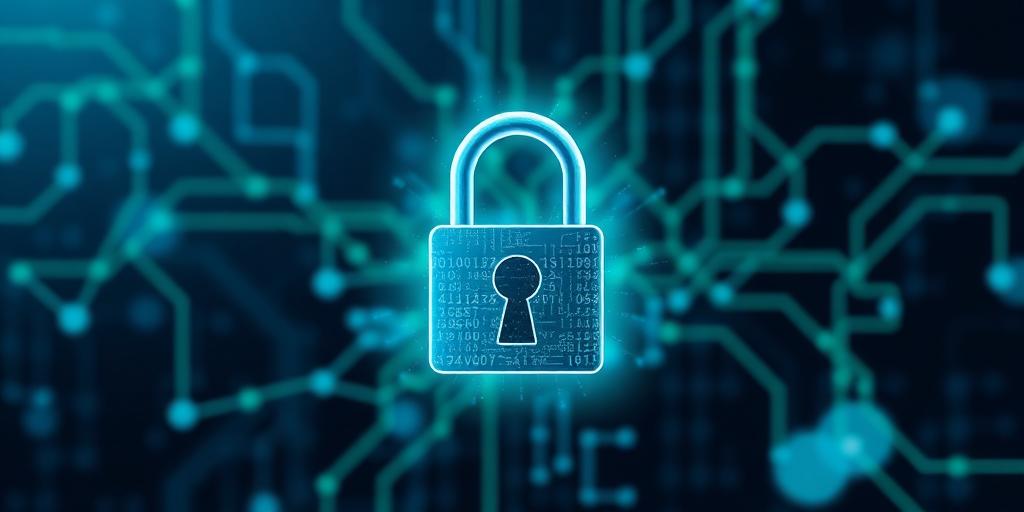Encryption as a Human Right: Why Secure Communication Matters
In an increasingly digital world, where our lives are intricately woven into the fabric of the internet, the concept of privacy often feels like a relic of the past. Yet, as governments and corporations amass unprecedented amounts of data, the need for secure communication has never been more critical. Encryption, the process of encoding information to make it unreadable to unauthorized parties, stands as a vital tool in safeguarding our fundamental human rights in the digital age.
What is Encryption?
At its core, encryption is a method of scrambling data so that it can only be deciphered by someone with the correct key. This key is essentially a password that unlocks the encrypted information, rendering it readable. Encryption algorithms have evolved over centuries, from simple substitution ciphers to complex mathematical formulas that are virtually unbreakable with current computing power.
Why Encryption Matters
- Protection of Privacy: Encryption ensures that our personal communications, financial transactions, and medical records remain private. Without encryption, these sensitive details could be intercepted and exploited by malicious actors.
- Freedom of Expression: In countries with repressive regimes, encryption allows journalists, activists, and ordinary citizens to communicate securely without fear of government surveillance. This is essential for promoting free speech and holding power accountable.
- Secure Commerce: E-commerce relies heavily on encryption to protect credit card numbers and other financial information during online transactions. Without encryption, online shopping would be far too risky for most consumers.
- National Security: Governments and military organizations use encryption to protect classified information and maintain national security. This is crucial for preventing espionage and defending against cyberattacks.
The Debate Around Encryption
Despite its importance, encryption is not without controversy. Some governments argue that strong encryption hinders law enforcement and intelligence agencies' ability to investigate crime and prevent terrorism. They advocate for backdoors or other mechanisms that would allow them to bypass encryption, but security experts warn that such measures would create vulnerabilities that could be exploited by criminals and foreign adversaries.
The debate boils down to a fundamental question: how do we balance the need for security with the right to privacy? Striking the right balance is essential for preserving both individual liberties and national security in the digital age.
Long-Tail Keywords
- The importance of encryption for privacy
- How encryption protects human rights
- The role of encryption in secure communication
Conclusion
Encryption is not merely a technical tool; it is a cornerstone of democracy and a fundamental human right. It empowers individuals to communicate freely and securely, protects sensitive information from prying eyes, and enables secure commerce in the digital age. As technology continues to evolve, we must remain vigilant in defending the right to encryption and ensuring that it remains a powerful tool for protecting our freedoms.









